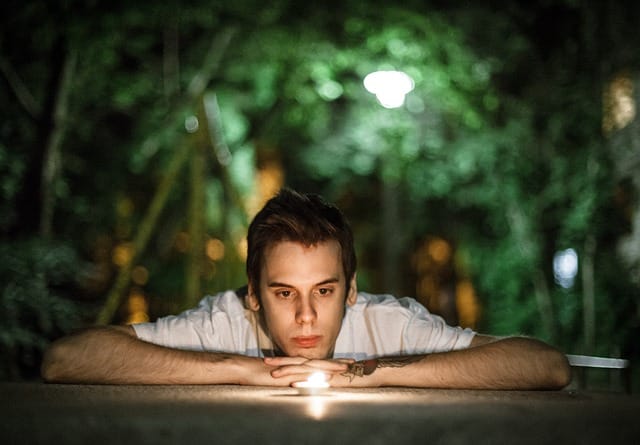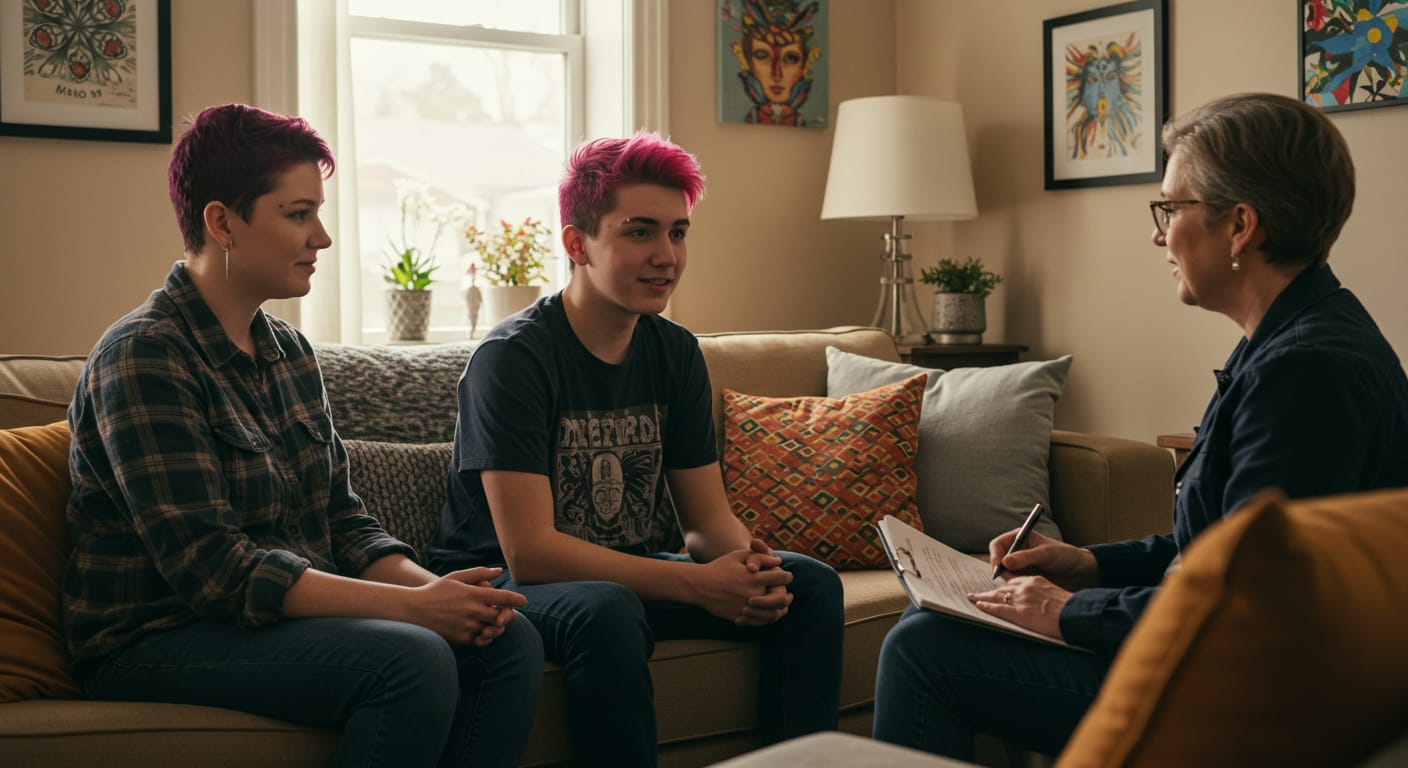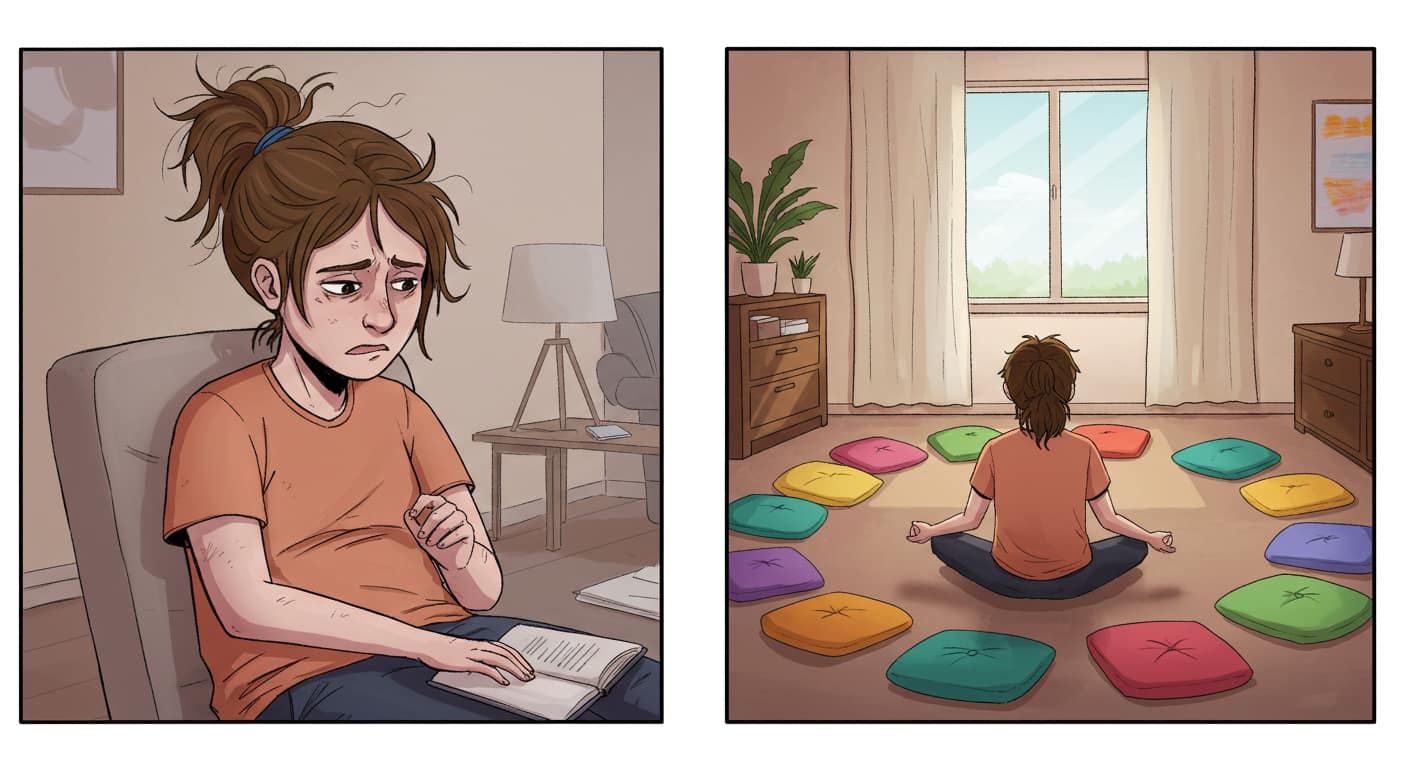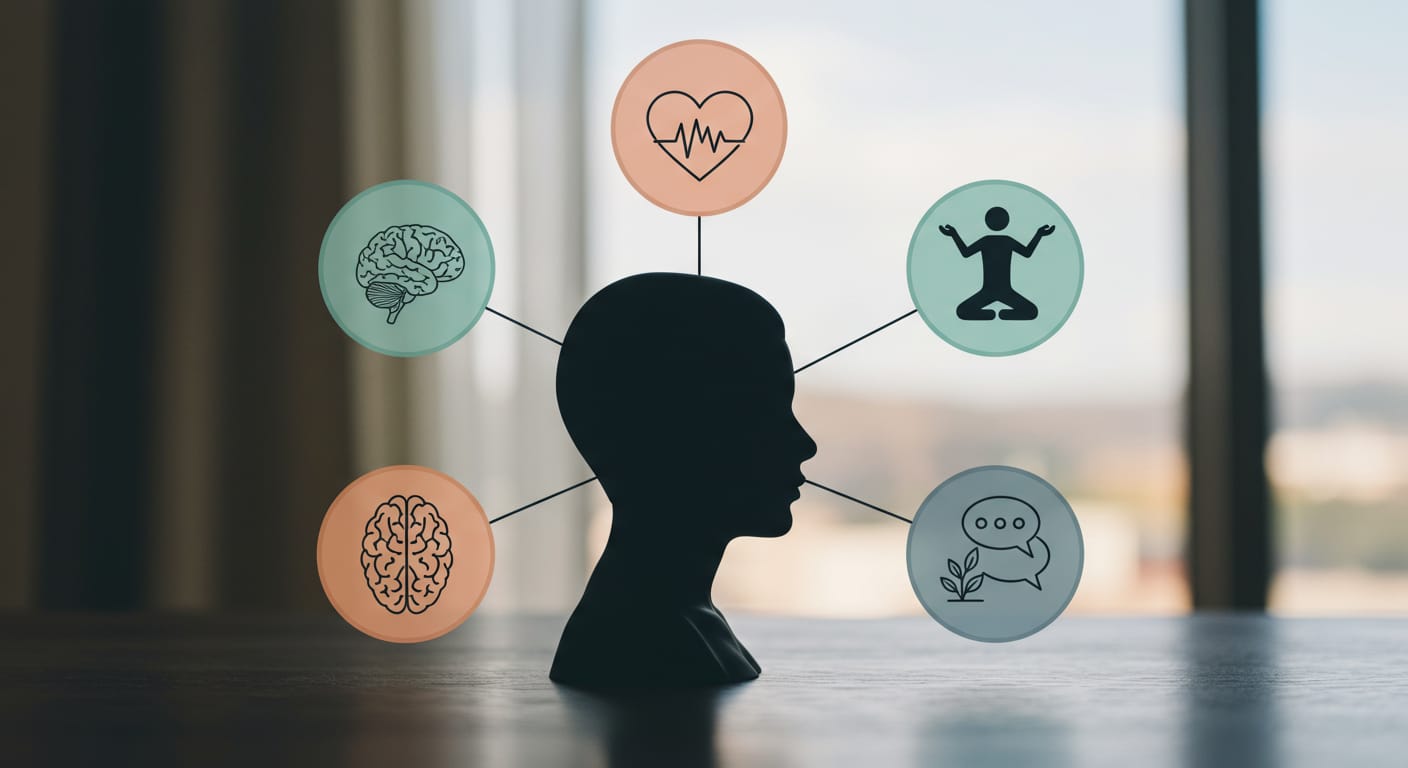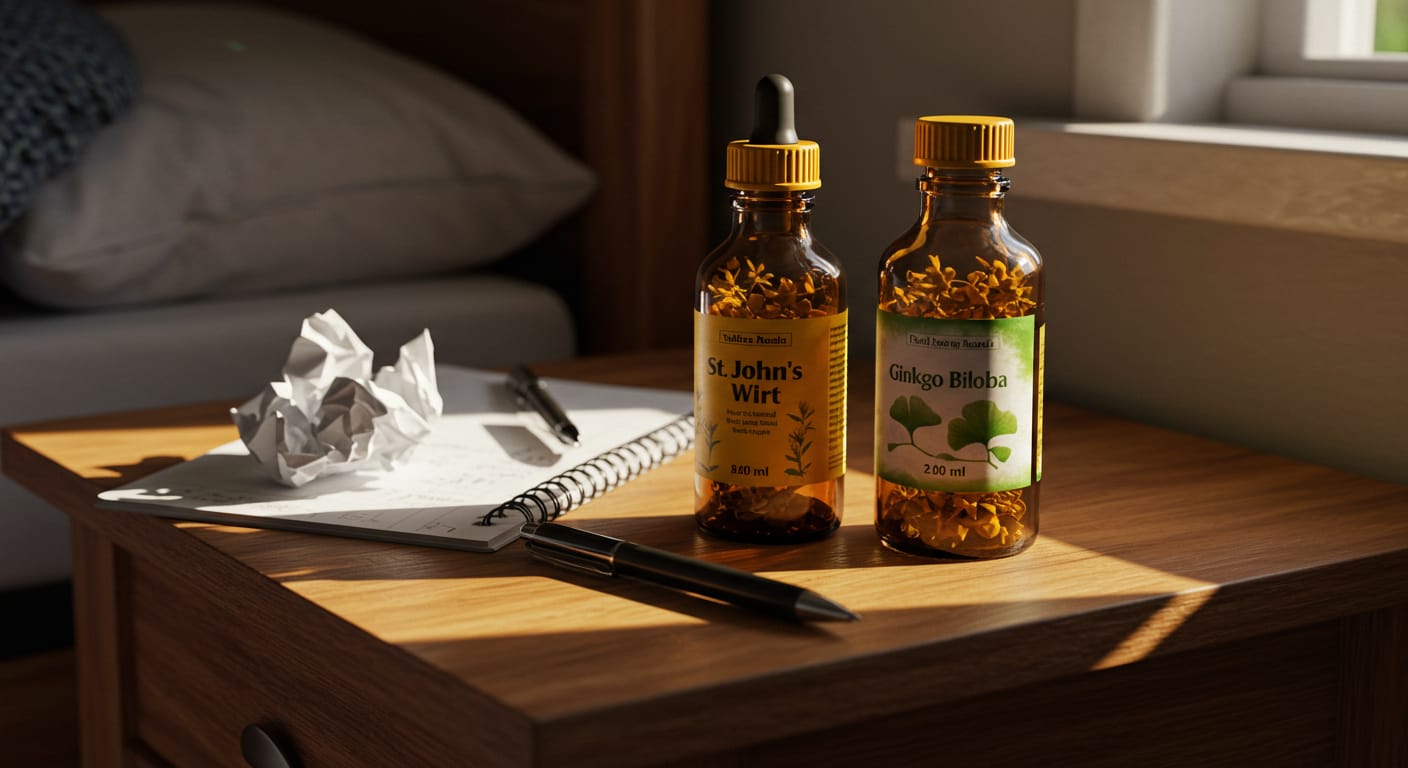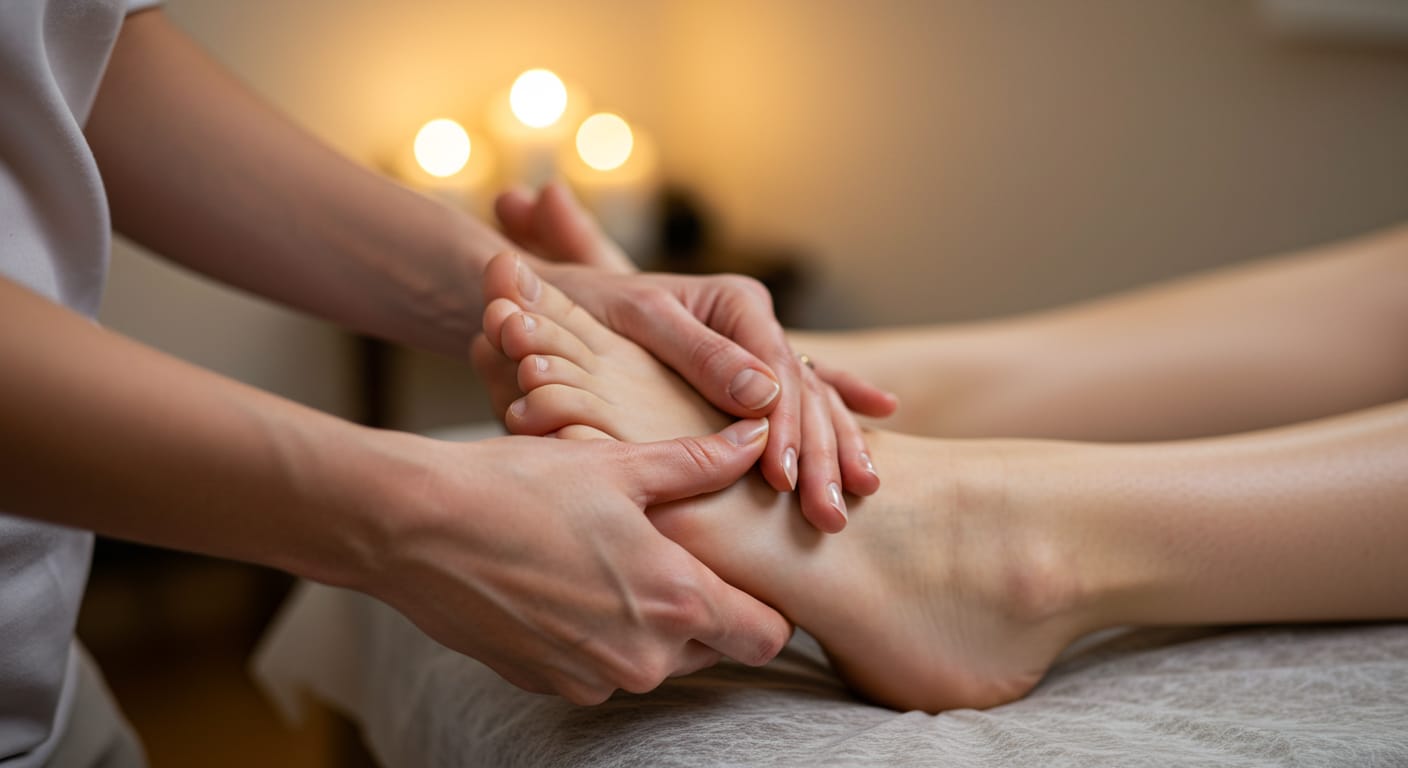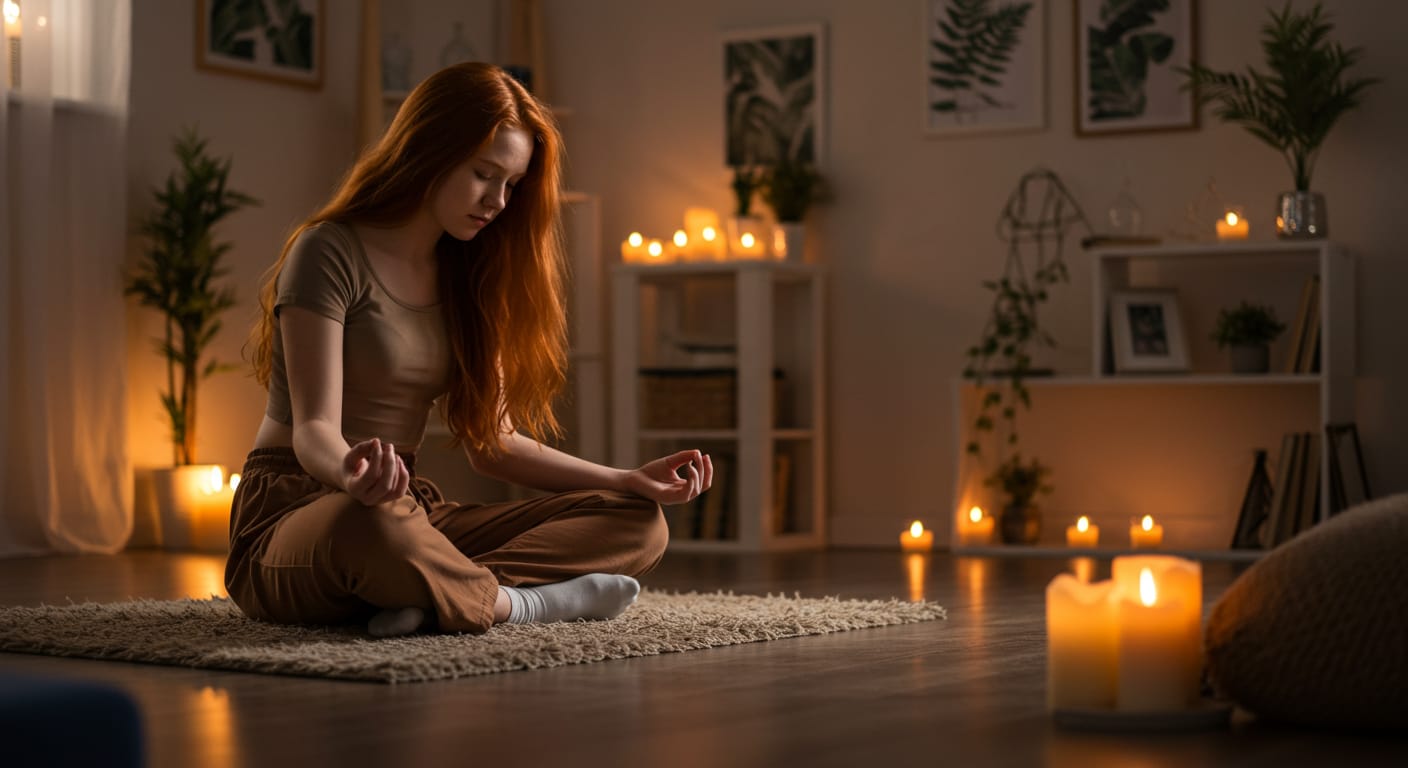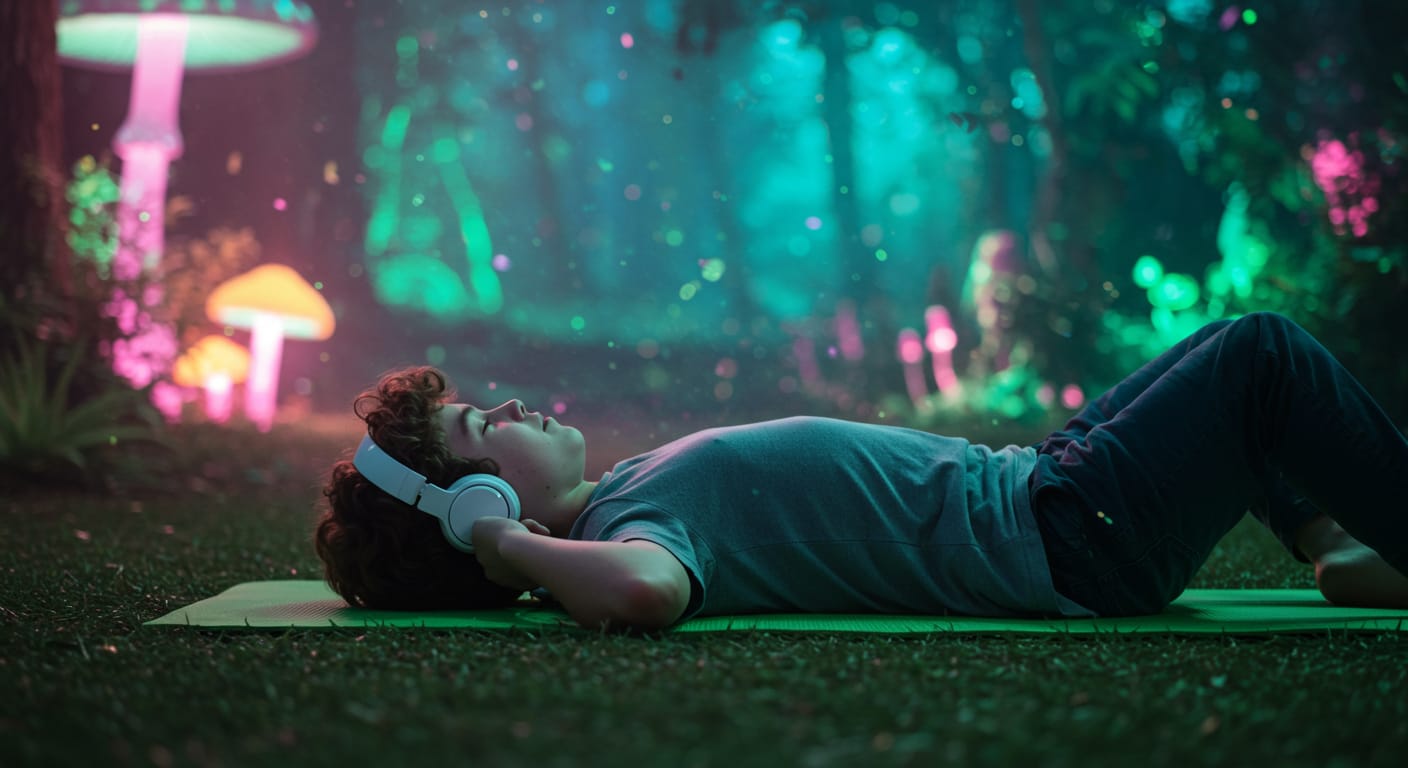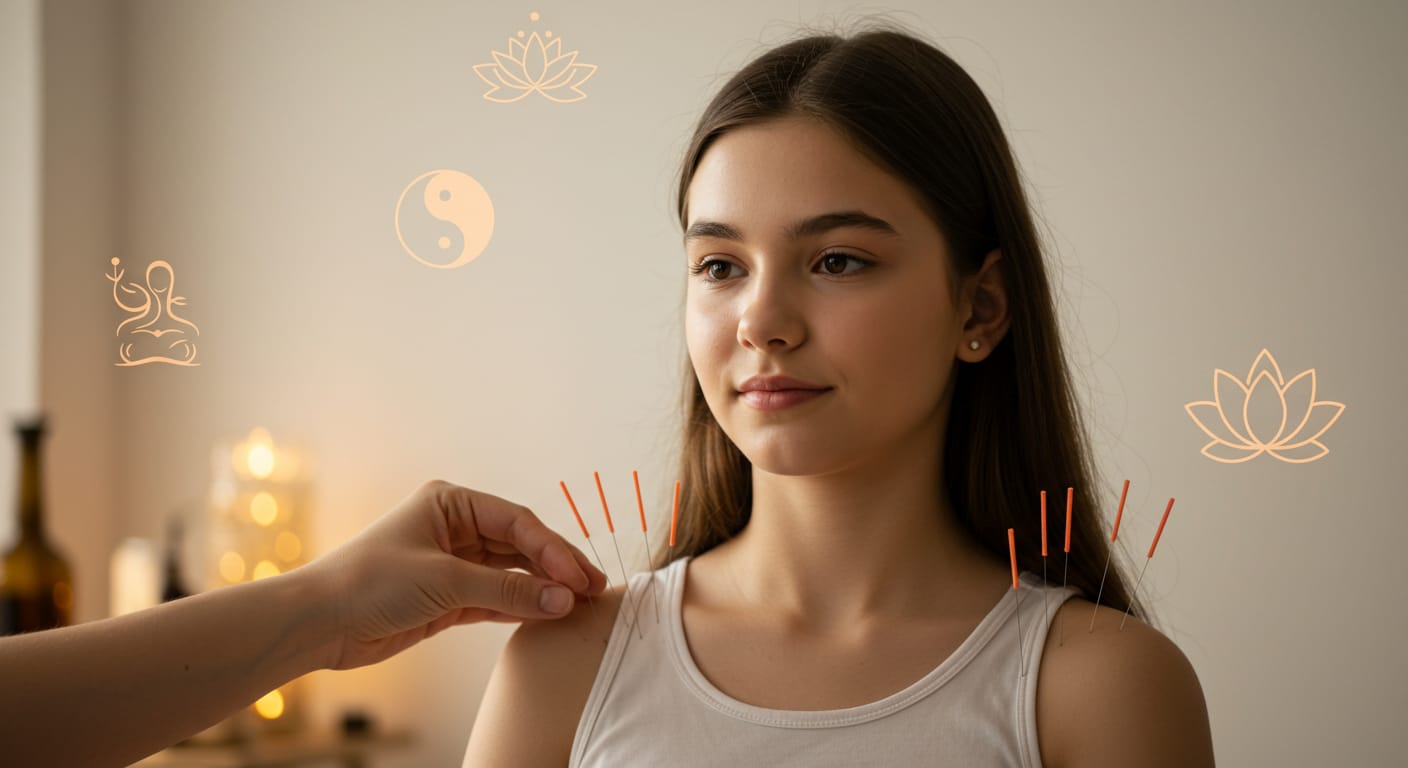Treating depression is not like treating a sinus infection. Since no two people experience it in exactly the same way, the treatment process must be personalized. The person going through it—supported by family, friends, and professionals—needs an approach tailored to their specific needs. If you’re considering alternative treatments for your teen’s depression, it’s important to explore them with care, openness, and professional guidance.
Treating Depression Beyond Pills and Talk Therapy
Most often, depression is treated with talk therapy and antidepressants. But for some teens, these methods might not work—or they may only work partially. When results are slow or nonexistent, it can feel like the clock is ticking with no relief in sight. In such cases, non-traditional or complementary treatments may be worth considering. This doesn’t mean abandoning science-backed methods—it means expanding your toolbox.
Taking a Holistic Approach
Depression, like anxiety, can benefit from holistic care. A teenager is more than their diagnosis—they’re a whole person with unique emotions, triggers, and healing pathways. While working with medication or counseling, it’s wise to also explore treatments that focus on overall well-being. As a caregiver, your role is to support—not control—your teen’s healing journey. Their input and autonomy matter.
Herbal Treatments
Herbal treatments like St. John’s Wort and Ginkgo Biloba are popular supplements thought to support mood regulation. While these aren’t FDA-approved for depression treatment, some users find them helpful as complementary options. Always talk to a healthcare provider before adding herbs to your teen’s regimen to avoid drug interactions.
Reflexology
Reflexology involves applying pressure to specific points on the feet, hands, or ears to reduce stress and promote relaxation. Some people report improved sleep and lower anxiety levels after sessions, making it a gentle, non-verbal method that may help teens who are withdrawn or anxious.
Meditation and Mindfulness
Meditation has shown promising results in reducing symptoms of anxiety and stress, which are often tied to depression. Teaching a teen to redirect focus away from negative thoughts can empower them with internal tools for emotional regulation. That said, reactions vary—some may find silence and inward focus uncomfortable at first.
Visualization & Guided Imagery
These techniques involve mentally ‘transporting’ yourself to a safe or positive space through imagination. This can help teens cope with anxiety or depressive thoughts by providing a temporary escape that resets their mood. Whether they lead themselves through it or listen to a recording, it’s a safe and gentle exercise worth trying.
Acupuncture
Although more research is needed, some studies suggest acupuncture may be helpful in managing depression symptoms. This ancient practice focuses on energy flow and pressure points, and while it’s not for everyone, some teens may feel calmer or more balanced afterward.
Wrapping Up: Depression Needs Options
The truth is, treating depression is rarely a one-method-fits-all journey. Unusual or alternative therapies don’t have to replace traditional treatments but can enhance them. Involving your teen in choosing what to try gives them agency and confidence. Whether it’s herbs, acupuncture, meditation, or just trying reflexology together, your support is often more healing than the method itself.

